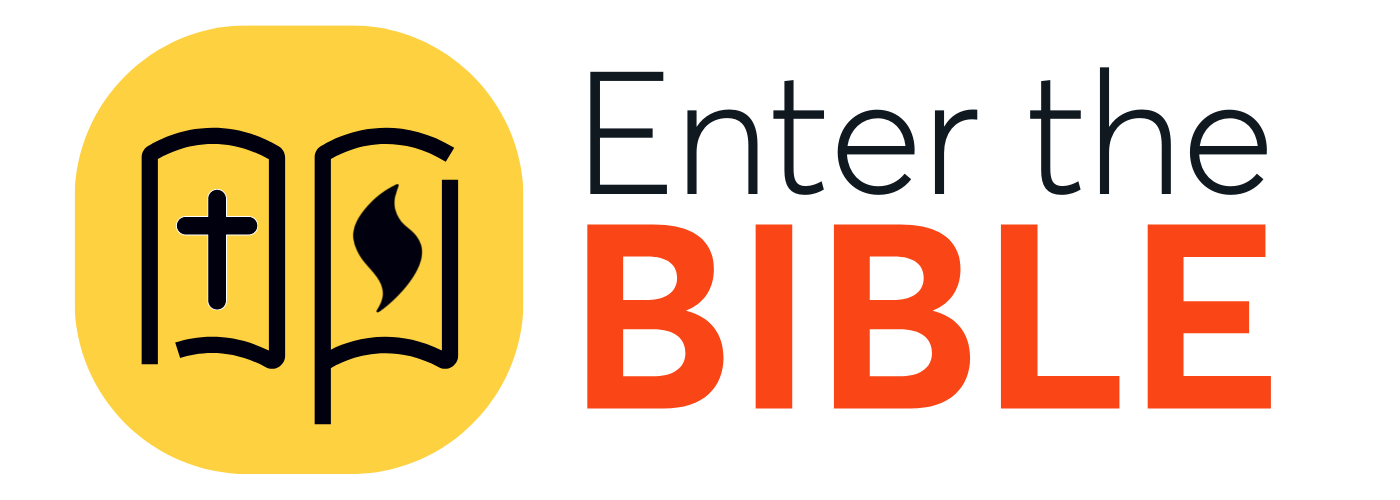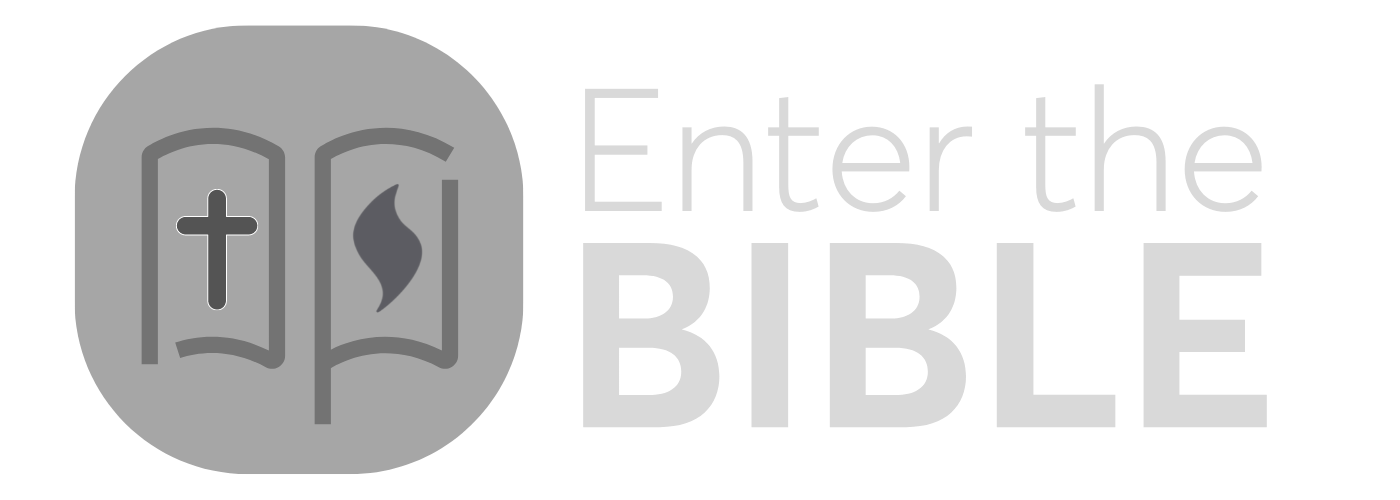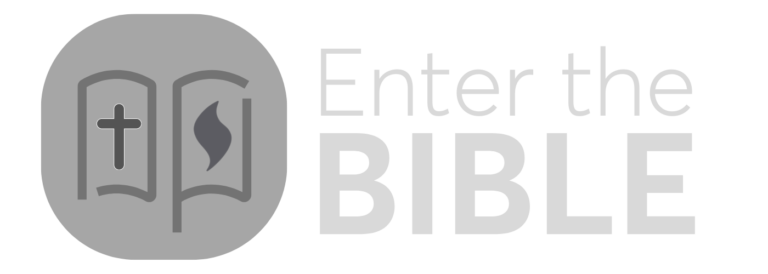The book of Psalms contains songs and prayers collected over the life of Israel. Some seem ancient and reflect rites and ceremonies from the earliest days (for example, PsalmA psalm is a song of praise. In the Old Testament 150 psalms comprise the psalter, although some of the psalms are laments and thanksgivings. In the New Testament early Christians gathered to sing psalms and hymns and spiritual songs. More 68). Others apparently cry out over the destruction of Jerusalem by the Babylonians in 587 B.C.E. (for example, Psalm 74), while yet others know of the return from Babylon (538 B.C.E.) and the life of the postexilic community (for example, Psalm 107). The collection process continued even into the intertestamental periodThe time period from the book of Malachi in the Old Testament to the opening of the book of Matthew in the New (about 400 years) is regarded as the intertestamental period. During this period some of the books of the Apocrypha like Tobit and... More, as indicated by the inclusion of Psalm 151 in the SeptuagintThe Septuagint is a pre-Christian (third to first century BCE) Greek translation of the Jewish Scriptures. It is believed that the term Septuagint derives from the number of scholars-seventy (or seventy-two)-who reputedly did the work of translation. More (Greek Old Testament) and Psalms 151-155 in the Dead Sea scrollsThe Dead Sea Scrolls are ancient scrolls discovered in the mid-20th century in caves near an archaeological site called Qumran More. In other words, the book of Psalms reflects many authors, collectors, and revisers throughout Israel’s history.
The titles or superscripts of the various psalms are generally thought to be added late in the process of collection. Most frequently, they indicate liturgical and musical information, often thought to reflect the worship of the Second TempleThe Jerusalem temple, unlike the tabernacle, was a permanent structure, although (like the tabernacle) it was a place of worship and religious activity. On one occasion Jesus felt such activity was unacceptable and, as reported in all four Gospels, drove from the temple those engaged... More (after 515 B.C.E.). The duties and divisions of priests described in 1 Chronicles probably comes from this postexilic period as well, and many of those “in charge of the service of song in the house of the Lord” (1 Chronicles 6:31) are named both in Chronicles and in the psalm titles. This no doubt accurately reflects a significant role of the priests in the authorship, gathering, and singing of psalms.
While the psalms reflect Israel’s temple worship and assume some knowledge of the activities there, they also assume a relation to the life of David and Israel’s sacred history. Songs (or psalms) are included often in the historical material of the Bible (for example, the song of Moses and Miriam in Exodus 15:1-21; the song of Deborah in Judges 5:1-31; the song of Hannah in 1 Samuel 2:1-10). Psalm 18 occurs both in the PsalterThe psalter is a volume containing the book of Psalms (see Psalm). In the early Middle Ages psalters were popular and contained - in addition to the psalms - calendars, litanies of saints, and other devotional texts. More and in its assumed historical context, 2 Samuel 22:2-51. Israel turned to God in song and prayer in response to God’s steadfast loveThe steadfast love (hesed) of God is the assurance of God's loving kindness, faithfulness, and mercy. This assurance rings throughout the Old Testament, and is affirmed more than 120 times in the Psalms. In some hymns of praise the response of the people was likely... More shown in Israel’s history.
As written in a book, the psalms became also a basis for meditation and instruction. They could now be read and prayed apart from formal worship and thus received another important function, especially in the synagogueA synagogue is a Jewish house of worship. Jesus often taught in synagogues where he sometimes ran afoul of Jewish leaders. In the book of Acts, Paul and others attend synagogues and teach in them. More. First used as songs and prayers addressed to God, they came to be received as part of HolyHoly is a term that originally meant set apart for the worship or service of God. While the term may refer to people, objects, time, or places, holiness in Judaism and Christianity primarily denotes the realm of the divine More Scripture, bringing God’s word to God’s people. Psalm 1’s counsel to “meditate” on God’s law “day and night” already reflects this use.






